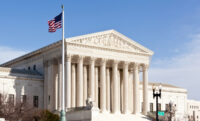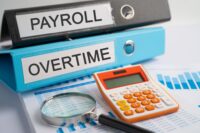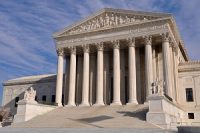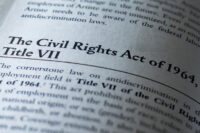Supreme Court to Decide Whether ADA Permits Former Employees to Sue for Post-Employment Benefits
The Supreme Court of the United States recently granted certiorari in Stanley v. City of Sanford, Florida—a case about whether the Americans with Disabilities Act (ADA) permits former employees to sue for alleged discrimination in providing post-employment fringe benefits. The case has practical significance for employers. If the Court finds that the ADA does apply […]










